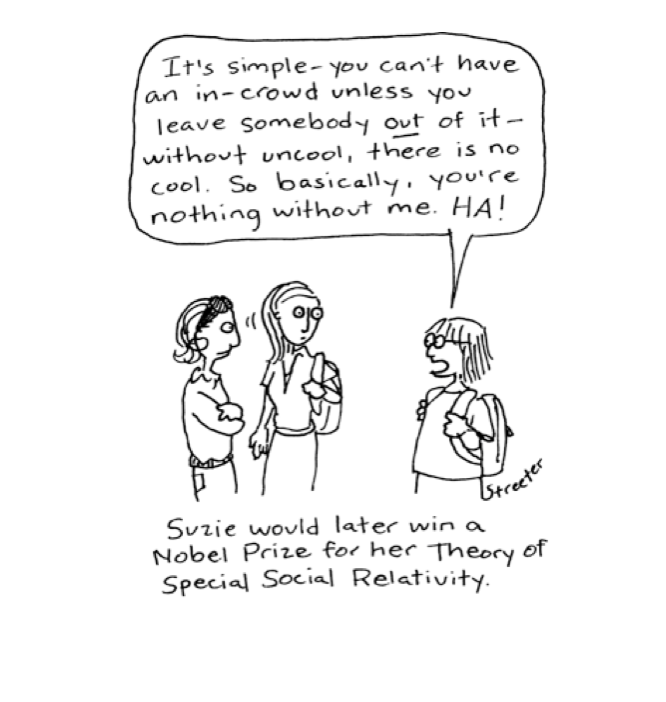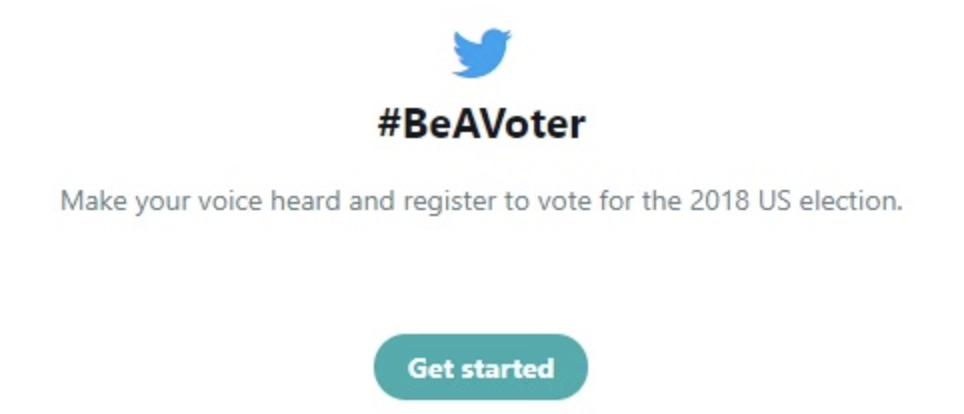It’s almost November, and I’m in California on a 3-week trip to Enervee HQ. Being almost November, the noise around the upcoming mid-term elections is reaching fever-pitch, and much of the talk focuses — more than usual — on how high a turnout there’ll be at polling stations across the country.
In terms of trying to predict and influence that turnout, it’s not surprising that social psychology has something to say.
A few years ago, we had a piece published in Harvard Business Review, which made a case for marketers understanding how our social identities as consumers could be a major force for good. In other words, if marketers understood how we defined ourselves at any given moment — both socially and personally — it could unlock opportunities, and provide insights into why we often don’t do what we say we’re going to do. You can read the article here, but in summary, we argued that our social identities — how we desire to fit in with positive relevant others around us — are hugely influential in how we behave as consumers, and are typically ignored by marketers.
We are Social
Social Identity Theory puts forward a clear view of why we do this. We have certain aspects of our identity which are core and stable (the self-concept) and then a whole array of socially-determined filters (social identities).

These social identities are like radio stations — always broadcasting, with us choosing to tune in at moments that are sense for us. And they make sense for us, when they help us navigate social uncertainty or ambiguity, and allow us to fit in with like-minded others, and feel and look good.

This last piece is important — looking and feeling good is the driver of our desire to dial into specific social identities and group memberships. This is called positive distinctiveness, and it largely determines our willingness to align with a social group.
OK, that’s enough theory — but in summary, the theory offers a clear view of why we see in-groups, out-groups, and any ‘them and us’ polarising attitudes. Maybe it’s just me, but that seems very relevant in the current climate.
When it comes to driving people to vote, identity theory is influential. Studies have shown us that how we refer to people ahead of a vote can influence their likelihood to vote. In short, if we use a noun (a ‘voter’) rather than a verb (‘to vote’), we can see double digit increases in voter turn-out.

To be clear, this is one of the largest effects identified in a large-scale field experiment — an uptick of over 10%, simply as a result of reframing the request to use the vote.
Identity theory tells us this happens because the noun version (‘a voter’) speaks to our self-concept; wanting to align with what society expects of us, increases the likelihood of us engaging in that behaviour. It’s an opportunity for positive distinctiveness.
This means identifying as a voter is important to our self-concept. And this makes good sense — democracy doesn’t come easily, and we are routinely -and rightly- told about the sacrifices others have made to create and protect this institution which affords us some input in how our societies function. Being labelled a voter speaks to our inner desire to do what we believe society expects of us — to secure positive distinctiveness.
Voting vs. Saving
So if being labelled a voter increases the chance we’ll vote, could being labelled an energy saver increase the chance we’d save energy in our homes?
Possibly.
But there’s one caveat. Being labelled with a noun (rather than a verb) only works to drive improvements in the target behaviour if that behaviour is socially valued i.e. it delivers positive distinctiveness. This makes sense — think about the negative feeling you’d have if you were labelled a cheater (noun) rather than someone who had cheated (verb). The former feels worse, as it potentially modifies your self-concept, and would work to remove that behaviour faster.
So the question as to whether being labelled as an energy saver would lead to more energy saved, all hinges on whether saving energy is seen as a socially valued action.
On face value, this seems a tough question to answer — if you’re of a certain political persuasion, certainly energy-saving nudges can have the opposite effect (Opower’s behavioural interventions using descriptive and injunctive social norms worked well…if you were a democrat).
But on the flip side, Enervee has evidence that it may be the method by which energy savings are delivered, rather than energy savings per se, which rile some groups to act against the process. For instance, we’ve found that the Enervee Score delivers a STRONGER effect amongst consumers who identify as republican (our research on that is here).
So there’s some hope that being an energy saver is a route to something positive for all.
The halo effect
To try and get a clearer answer on this question — that is to separate the action from the method — we ran a simple experiment that had been used to identify what is known as the halo effect.
The halo effect describes how we can be disproportionately influenced by a single positive trait, to the point we infer a generally more positive character attributes. One explanation is the single positive trait activates a heuristic which turn unleashes a cognitive bias in our evaluation process. Early studies into the effect provided descriptions of a fictional individual to respondents which included the word ‘warm’ or ‘cold’ (with the rest of the description being the same). Respondents were then asked to choose one from a series of pairs of adjectives (where one was positive and one was negative).
When the word ‘warm’ appeared in the original description, respondents choose the positive adjective from the pairs around 80% of the time — even though there was no objective way to know the adjectives were more likely correct. Conversely, when the word ‘cold’ was used, those positive adjectives are chosen only around 10% of the time. This tells us that this heuristic/bias effect is present only when the original adjective is positive (hence halo effect).
In order to try and get a clearer steer on whether energy saving is — in itself — a viewed positively, we recreated one of the original halo effect studies. But we replaced the warm adjective with ‘energy conscious’ in our description of our fictional individual.
Our hypothesis was that if this trait is seen as positive or constructive to the self-concept, then we’d see the halo effect across the other adjectives (which matched the pairs used in the original studies).
This is the result we saw. When energy conscious appeared in the character description, then perceptions of that character were consistently and significantly more positive, based on the adjectives selected. The positive adjectives were chosen around 80% of the time (compared to less than 20%, when the term was not used).
This is very encouraging. It would seem being someone who is energy conscious is construed as a socially valued characteristic or attribute.
Be a Voter. Be a Saver. Be loved.
So here we are at the end. There’s evidence to suggest that labelling someone as a voter leads them to be more likely to vote (even across highly diverse populations). And if this is because it represents an opportunity for that individual to bolster their self-identity, then the results we’ve seen from perceptions around being an energy saver makes us optimistic that being called an energy saver will also increase our energy saving behaviours.
Voting is private, and in trying to get someone to vote we are appealing to secure a private behaviour in the future. The exact same can be said for saving energy — it’s private and involves committing to a future course of action. The similarities are striking -securing small, private behaviours in the future, that society recognises us for.
So, should we move to change how we speak about energy, from being about saving energy, to being energy savers?
I would vote for that. Or rather, I am a voter for that.

